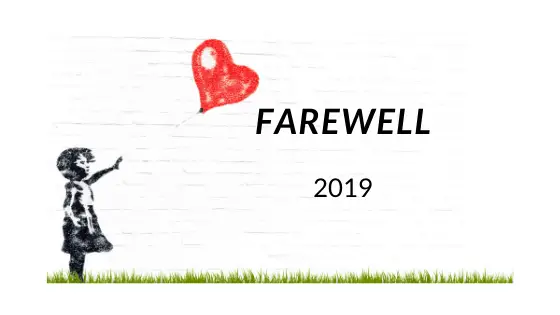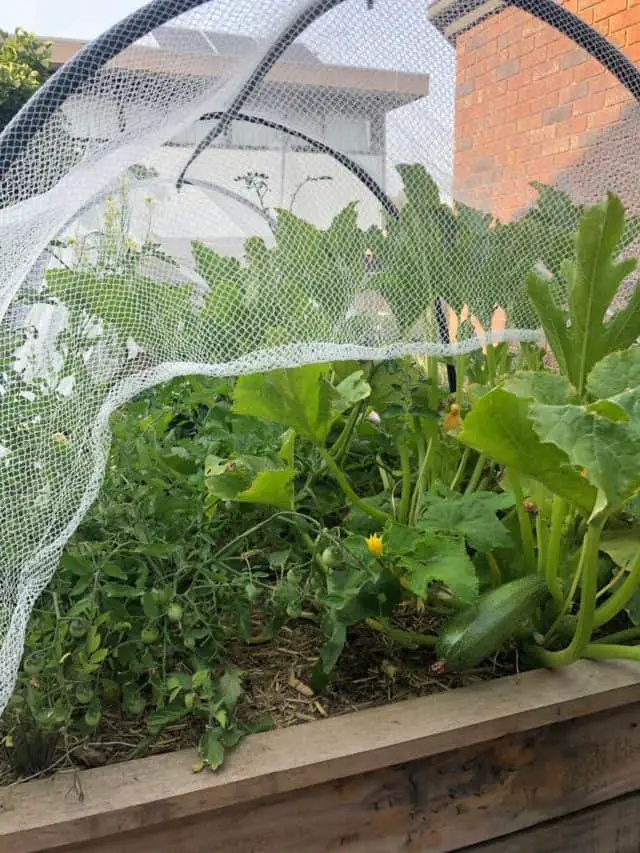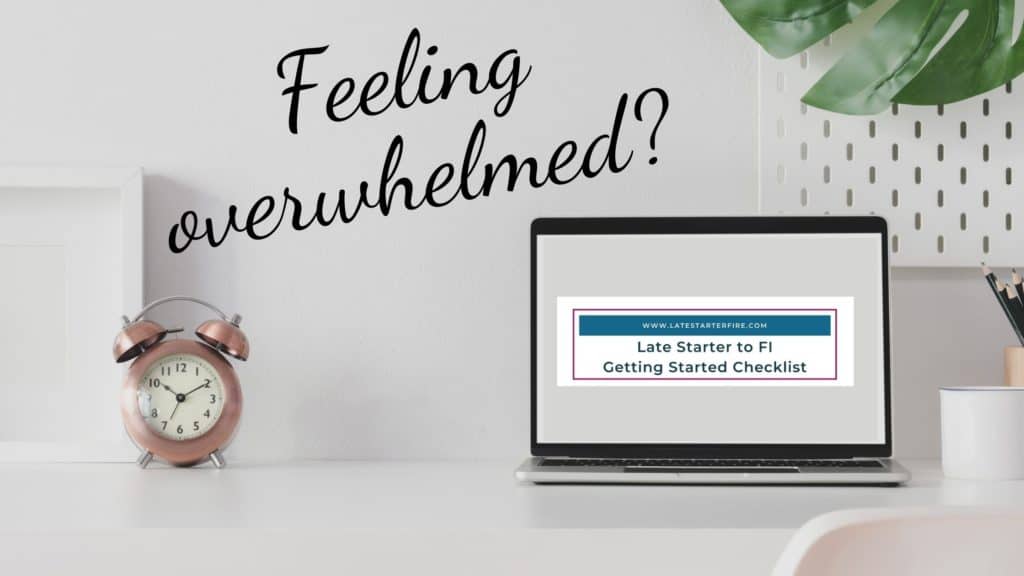
I always think nothing much happens in my life.
Work, home and work some more.
I am also not one to set goals or track achievements – I would say I am a drifter though life, more than anything else. And I am contented and satisfied easily so I don’t push through to the next level.
But all that changed in 2019.
I discovered the FIRE movement in mid 2018 – the best thing I learned though wasn’t how to be frugal (that is important too) but to live an intentional life. After all, what is the point of saving and investing if we don’t know what it is all for?
So in January 2019, for the first time in my life I set some goals. I admit I did not do a very good job at tracking them through the year. But strangely, the fact that I made the effort to set some goals was enough to get the ball rolling.
To help me with thinking through all of this, I completed Montana Money Adventure’s Live with Intention series. In particular, answering the following 3 questions gave me clarity – What do you want to BE? What do you want to HAVE? and What do you want to DO?
To recap, my overarching goals were to stop drifting through life and live with intention and purpose. I wanted to live a life that reflects a healthier me, mentally, physically and financially.
I was very stressed at the time, working in a demanding job with long hours. The priority was to find time each day and week to think and reflect.
So, this is my 2019 – a year in reflection.
I quit my stressful job
Spoiler alert – quitting my stressful job was the single, hands down, most significant ‘event’ in my life in 2019. And the most emotional as I felt I was letting everyone else down. But in the end, I had to choose me over everyone else.
It has been six months since I began another role with the same employer but at another site. This has singularly reduced the stress levels in my life. I am very proud that I finally took action here.
The transition took me longer than I expected. From having no time at all to having time is quite an adjustment. I was conscious of not squandering all this newly acquired free time but was equally conscious of not filling it all up with frenetic activities.
It is a work in progress – this knowing what to do with my time. I look forward to exploring this more in 2020.
I travelled and connected with family and friends
Travel is very important to me. It is a time where I am free to be me totally and indulge in what I enjoy most – eating good food, exploring the art and culture of a new environment. But if I am honest, travel has always been an escape from my job, a time where it is difficult for work to contact me.
Travelling also allows me to reconnect with family and friends overseas. In 2019, this is what I focused on in my travels.
I attended the 60th anniversary of my high school in my hometown and went down memory lane with old school friends. I reconnected via WhatsApp with old boarding school mates whom I hadn’t seen for decades. Precious memories were made with my little niece on her home turf in London. Catching up with elderly relatives in South East Asia was poignant, making me realise that our time on Earth with loved ones is limited, that one day they will not be in our lives anymore.
Amongst visiting old haunts and familiar cities and towns, I managed to squeeze in visiting Prague and Budapest for the first time. I always feel fully alive when I am travelling, particularly to new places.

I started a veggie garden
In May, I bought a raised wicking garden bed (basically a self watering garden bed) and planted vegetables for the first time. I have always wanted a vegetable garden but ruled it out in the past as there were not any sunny spots in my garden.
When I mentioned it to my friend, she thought outside the square and suggested the front of my unit, which does get some sun exposure. And that is exactly where I situated the raised garden beds. It just goes to show that when we are open to ideas, even wacky ones such as a vegetable garden in FRONT of your house …
Through winter and spring, I harvested snow peas, lettuce, boy choy, carrots, beetroot, broccolini and cauliflower. And in summer, I planted zucchini, cucumber, eggplant, beans, tomatoes and more bok choy.
Besides quitting the stressful job, having this vegetable garden has contributed the most to my mental health. There is just something very satisfying about planting a seedling and watching it grow, then eating the fruit of your labours. The wicking bed made it easier in that I only need to replenish the water reservoir every 7 to 10 days during winter and every 4 to 5 days during summer. So really, the work has been minimal.

I fully funded my emergency fund
One of the first things I started doing when I first discovered the Barefoot Investor in 2018 was to build my emergency fund. In November 2018, I raided it to pay up front for solar panels installation. The government rebate (for nearly half the amount) did not arrive until April 2019.
As travelling is important to me, I have always had a Travel Fund and contribute to it weekly no matter what. I may adjust the amount up if travel is imminent or dial it down if there are more urgent priorities. But I always contribute, even if it’s $10 a week. As a consequence, my travel fund was very healthy, compared to my emergency fund.
The most adult thing I did this year was to swap my travel fund to my emergency fund ie I renamed my travel fund. I was getting a bit impatient that it was taking so long to fund 6 months of living expenses. So finally in October, I fully funded the emergency fund. The feeling of security and achievement is indescribable. I feel such a sense of relief that I can readily access this fund should anything untoward happens.
I contributed the maximum to my superannuation
In the financial year from July 2018 to June 2019, I salary sacrificed and contributed the maximum of $25000 (including employer contributions) into my superannuation (retirement account).
Since transitioning to my new role in July 2019, my pay has decreased as I no longer work so many overtime hours. This means that employer contribution to my superannuation has decreased. And if I want to achieve the maximum contribution, I therefore have to contribute more myself. It forced me to reassess whether I could afford to continue salary sacrificing.
My conclusion is that I cannot afford to stop contributing the maximum at the moment. So my take home pay has shrunk significantly as a result. I will reassess this contribution annually as I also need funds to contribute to my investments outside of super.
Savings rate
I started tracking my expenses in March 2018. So 2019 was the first full calendar year that I have been able to calculate an annual savings rate. Because I am lazy and really not a spreadsheet nerd, it is easier for me to calculate my savings rate based on my take home pay instead of gross income. (Knowing at the back of my mind that I have contributed the maximum to my superannuation)
I was aiming for a 50% savings rate but fell short at 40%. I am not too unhappy about this result, seeing that my take home pay is significantly reduced for the second 6 months of the year.
Net worth
Amazingly, my net worth increased by more than my gross annual wage, mainly due to the stellar performance of the stock market. Investment within superannuation performed very well – not including the $25000 contribution, the return was 20%. My share portfolio outside of superannuation also grew by 19%.
The challenge is to continue to grow these investments in 2020 and beyond.
I now have a solid plan to retire at 55
What started me on the FI path was the realisation that I did not have enough to retire at the traditional age of 65. As I explained here, I now have a 3 phase plan to retire at 55, provided the stock market cooperates and nothing drastic happens in my life.
Having this plan in place gives me security and focus – I can see the light at the end of the tunnel. I just need to maintain my contributions steadfastly and fingers crossed, the stock market will do the rest.
What I didn’t do so well …
While I started the year off with an exercise regime, it soon fell to the wayside after I completed the Run for the Kids race in April. I gave myself some time off and never got back to running again for the rest of the year.
I started walking after work with my friend which was great but there were lots of times when work and family commitments interrupted our rhythm and we went off course.
Then I had a minor health scare after returning from my travels – my cholesterol was high and my liver enzymes were through the roof. I was given 3 months to ‘do something about it’ so this spurred me to get back to a healthy eating regime and walk daily.
Happily, my levels decreased significantly at the next blood test and I am given a reprieve from commencing medication. But I have to maintain a healthy diet and exercise more regularly from now on. This is a major challenge in 2020.
Final thoughts
I made huge improvements to my mental and financial health but did not do so well on my physical health.
My goal of creating time to think and reflect was met partly by my quitting the stressful job – my mental health has improved drastically as a result.
Financially, 2019 was about tracking expenses and getting some annual metrics so I can compare in later years. The increase in net worth was just a really great bonus.
How was your 2019? I would love to hear your wins and trials – please share in the comments below


